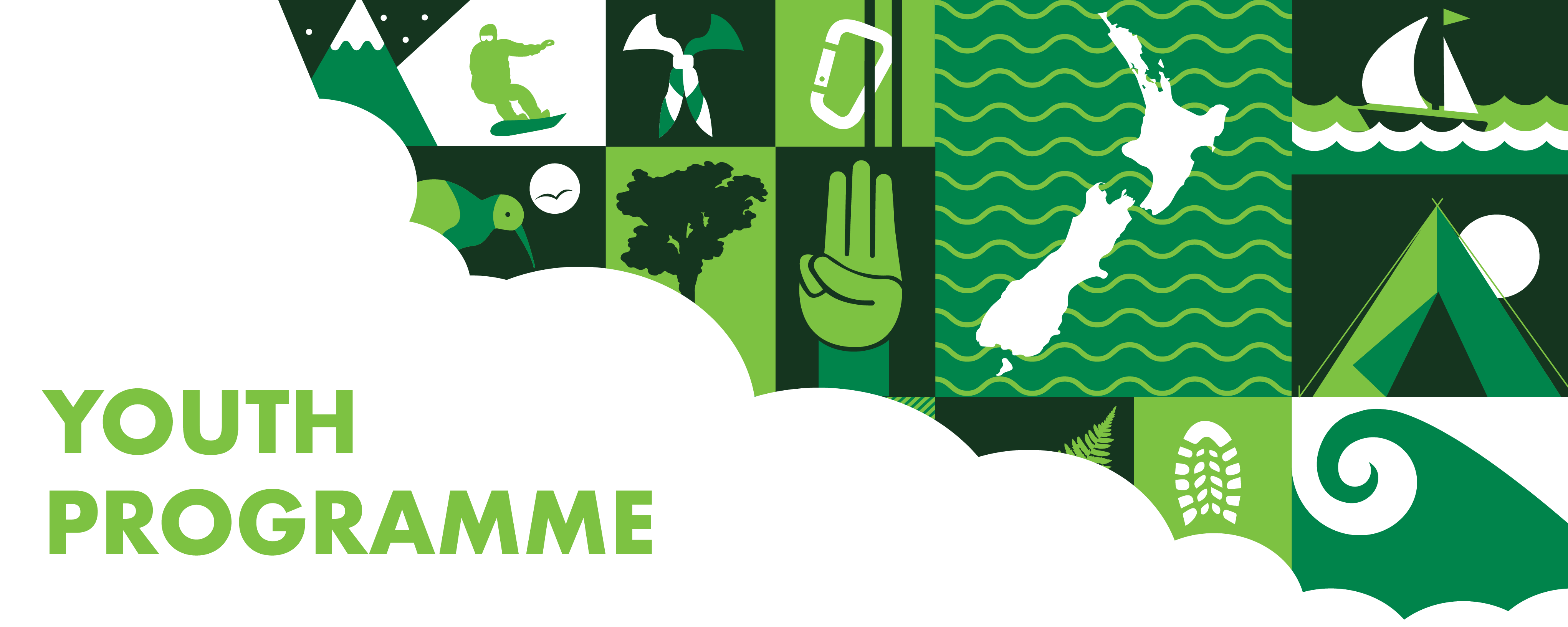
Our Programme Is What Sets Us Apart
We have been in the process of developing our new Youth Programme for well over a year now. It’s a lot to explain, but we’ll start by explaining our core programme areas.
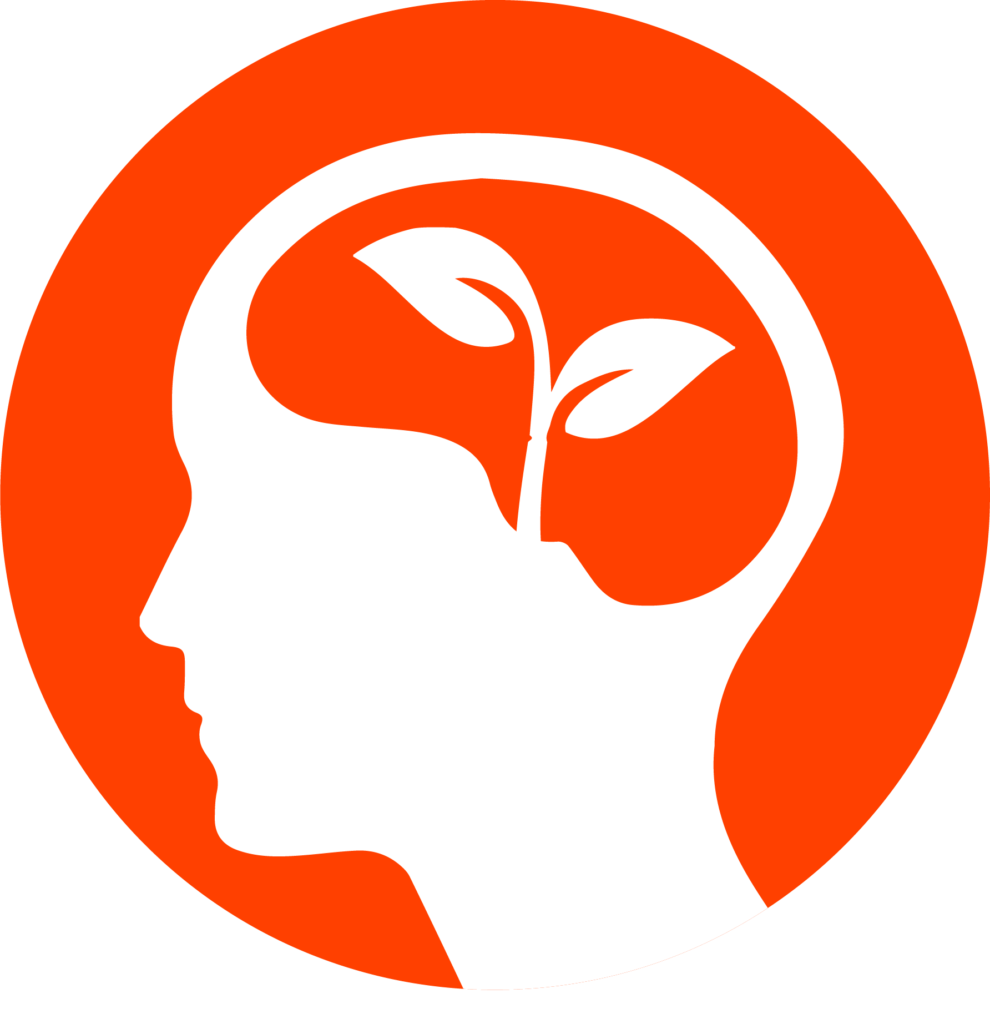
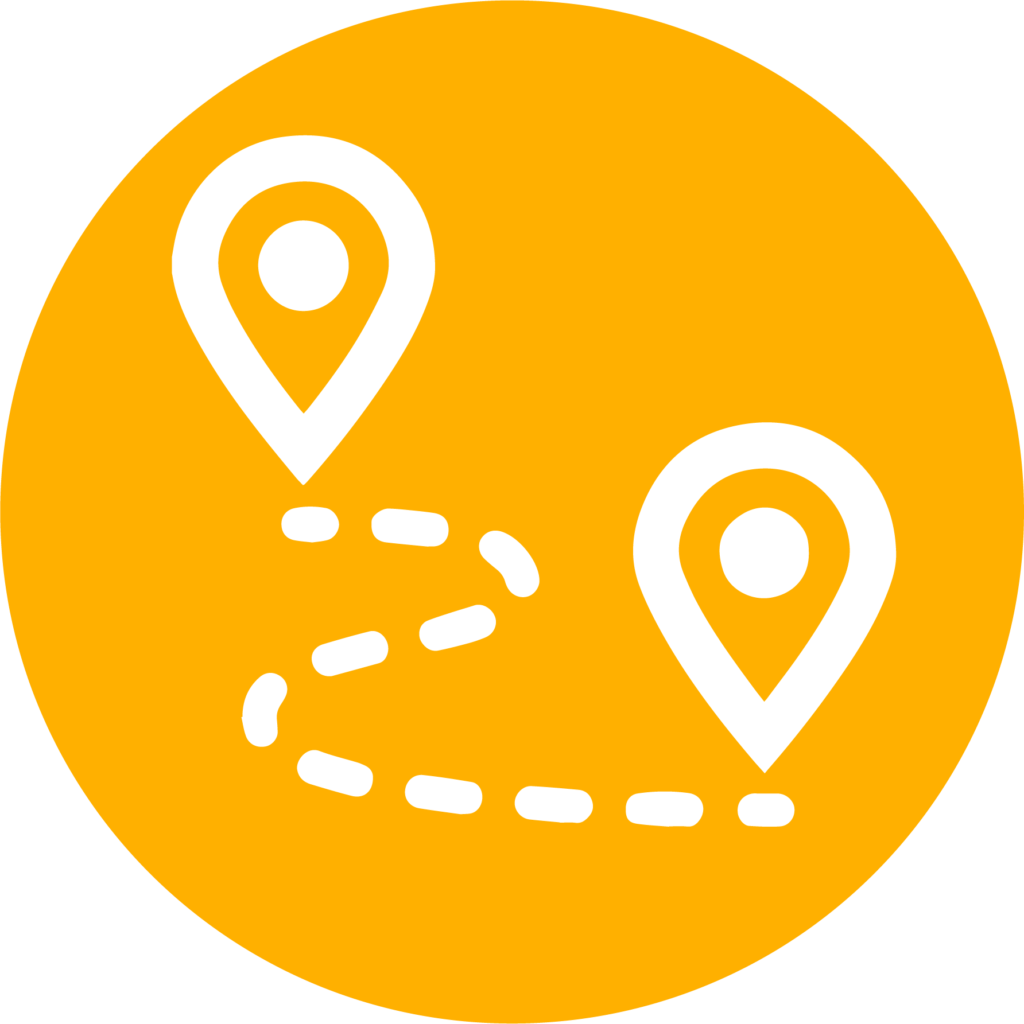

Personal
The Personal Programme Area covers activities that help youth members learn about themselves. This could include activities around leadership, creativity, beliefs and values, health and wellbeing, expression, innovation, interests, or any number of other areas.
Adventure
The Adventure Programme Area is all about pushing the boundaries of youth members’ comfort zones, and interacting with the environment around them. This could include activities around adventurous activities, journeys, safety, meeting new people, seeing new places, or learning the skills they need to facilitate their adventures.
Community
The Community Programme Area helps youth members learn about and engage with different communities, both local and global. This could include activities around diversity, community organisations, government, international awareness, online communities, volunteering, the environment, Scouting communities, or community participation, to name a few.
The SCOUT MethoD
The Scout Method is our way of looking at how we do Scouting. The seven points in the method are set up to keep us on track and help us identify what we are doing and how it helps us to learn and grow.
Law and Promise
Adventure
Community
Youth Leading,
Adult Supporting
Learning by doing
Working in Small Teams
Individual Progression
SPICES
Where the Scout Method teaches us HOW to do Scouting, SPICES breaks down WHY we do Scouting. Check out the acronym below to see what we mean.

Social Development
Young people will gain skills and have experiences that support their development through participation in Scouting adventures including; communication and interaction with others, civic and global engagement, leadership and cooperation.
Physical & Mental
Health Development
Young people will learn and
develop an understanding for their total well-being of mind and body by keeping active and healthy, and understanding their own capabilities.
Intellectual
Development
Young people will
develop their ability
to think, analyse,
shape, and apply
information and
decisions that support
them in adapting
to new situations and the
actions they take.
Character Development
Young people gain a better understanding of ‘self’ and learn about; values for life (Scout law and promise), personal and social identity, and their aspirations.
Emotional Development
Young people will develop their emotional resilience through; exploring and understanding their emotions, learning to have a balanced life and an ability to empathise with others.
Spiritual Development
Young people are able to develop
an understanding and reflect on;
their own personal beliefs and explore others recognising diversity in their communities, whilst showing respect and gratitude for the people and world around them.
Plan, do, review
Plan, Do, Review is how we like to go about things at Scouts.
First, we plan. We lay down our intentions and we say how we expect things to work.
Then, we do. We go out into the world, we learn by experiencing, and we try new things.
Finally, and most importantly, we review. We look at what worked, what didn’t, and what we can do better.
By using Plan, Do, Review at Scouts, we can make sure we are making the most of our time and experiences.
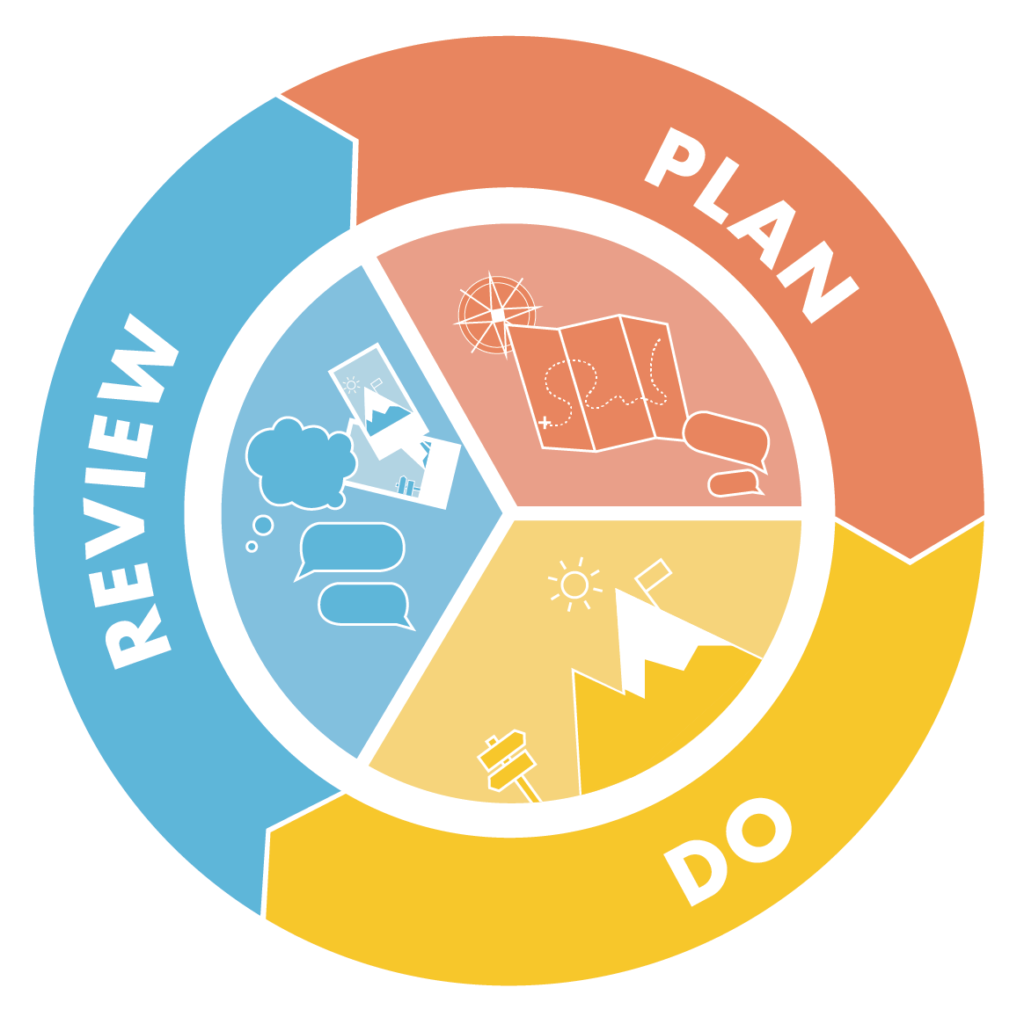
Non-Prescriptive
Our programme is non-prescriptive, which means we acknowledge the diversity of interests and experiences of our young people and encourage them to pursue challenges that are interesting and exciting to them.
Anyone can pick an activity, and so long as it fits within the core programme areas, it can be a part of their Scouting journey.
We cannot expect every Scout to walk in the wilderness for days on end. We can’t expect every Scout to be able to fell a tree. We embrace the fact that each Scout has their own way of approaching challenges, and each Scout should have their own path to follow to reach the higher awards.
Under the Youth Programme, each Scout will have the opportunity to direct their own path through the award scheme – whether they want to prove their skills with a hike, a cooking night, or by writing in to their local MP to influence national change – they will have the opportunity to achieve and develop in the ways that are most relevant to them.
For All young People
We welcome rangatahi and tamariki between the ages of 5 to 26. We are open to young people of all ethnicities and religions. We are the worlds largest non-formal education institution, serving over 13,000 young people all across New Zealand. We organise ourselves around five sections.
Ages 5 to 8
Kea
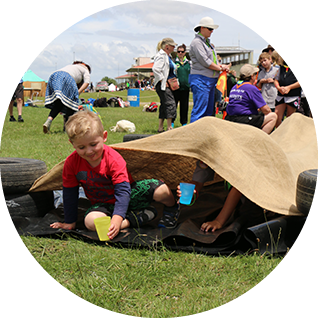
Fun, learning and friendship are the cornerstones of the Kea programme. Kea do a little bit of everything: outdoor activities, games, music, and crafts.
Ages 8 to 11
Cubs
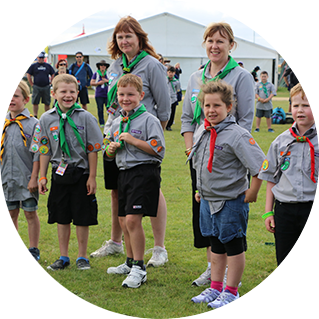
Challenge and fun are the focus of the Cub programme. Hikes, water activities and weekend camps are some of the fun outdoor adventures that Cubs enjoy.
Ages 11 to 14
Scouts
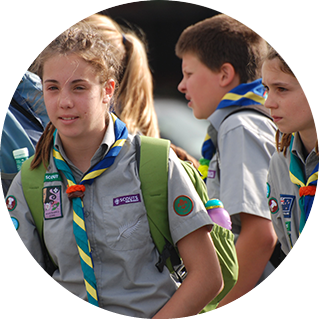
Scouts is about gaining valuable leadership skills and self-confidence by doing outdoor adventures like mountain biking, rock climbing, and camping.
Ages 14 to 18
Venturers
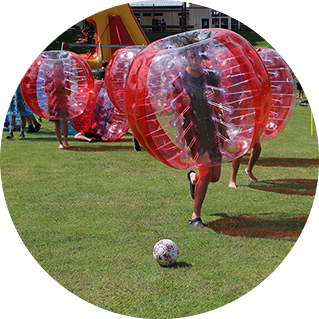
The Venturer programme offers exciting, fun, real-life, hands-on experiences for youth, by taking a step up in leading and running their own activities.
Ages 18 to 26
Rovers

Rovers run their own programme including regular Regional and National events with a focus on personal development, taking on leadership roles, and giving back to their communities.
